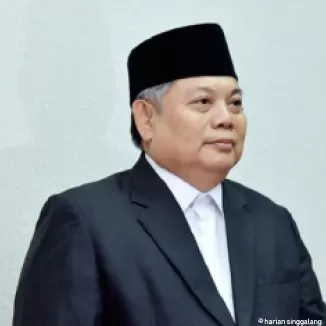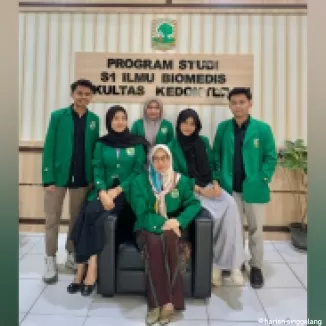As a leader of developed countrie's member on G20 Indonesia is committed to developing the energy transition mechanism (ETM).This is according to the statement in the 12th paragraph of the Bali Leaders' Declaration who has stated by Finance Minister of Indonesia (FMI), Sri Mulyani Indrawati. Paragraph 12 is stating that the achievement of Sustainable Development Goal (SDG) in number seven is how to access energy and eliminate poverty due to lack of access to energy. This commitment said, at the G20 Summit press conference at the Bali International Convention Center (BICC) on Wednesday, November 16, 2022. The important commitment on 12th paragraph of the Bali G20 Leaders' Declaration emphasizes the achievement of SDG No. 7, namely ensuring access to clean and affordable energy.
The G20 has also committed in how is energy transition must be taken through finding the solutions, energy achievement in market stability, transparency, and affordability by accelerating it to strengthen energy supply chains and security and diversifying energy mix systems. Including also accelerated the utilization of low-emission power plants while speeding up the construction of renewable energy power plants. Is the commitment has been easy to agree on because there are several G20 countries accused that are the largest producers and consumers of fossil energy sources, including Indonesia itself. Is it the truth, or the producers of vehicle has been contributed to unclean energy?*Vehicle's Pollution Impact*
Therefore, the 12th paragraph of the G20 Leaders' Declaration is expected to close the gaps between groups that have difficulty accessing energy, especially poor countries. Indonesia for sure are committed to delivering innovative solutions that accelerate sustainability at scale for oil and gas and energy companies around the world. For that portfolio needed supports financially to the key energy transition objectives in the areas of planning, organizing (structure and personnel) for implementation for the measurement and accounting activities for emissions management and compliance reporting.For that reason, Japan must be taking responsibilty to involve on that portfolio of Indonesian energy transition policy. As we know, Japan is one of the biggest vehicle producers in automotive industry in Indonesia and have many famous branding like Toyota, Honda, Suzuki, Yamaha and the others. According to the data of Highway Patrol Coordinator, Indonesia's State Police on September, 2021, there are more than 143 million units of Japan's branding vehicle using by consumers in Indonesia. The amount of that vehicle is about 52,9 percent or more than a half of Indonesia population.So, the Japan's automotive producer and Government of Japan must to pay attention seriously about the source of pollution making on the Indonesian's air space. Indeed, Masatsugu Asakawa as Japanese is a President of Asian Development Bank (ADB) will be more easy to support energy transition mechanism financially. Eventhough, The Government of Japan in 2021 has announced a grant of $25 million toward the Energy Transition Mechanism (ETM) partnership led by the Asian Development Bank (ADB). The announcement was made at the launch of the ETM Southeast Asia Partnership at COP26 in Glasgow by Vice-Minister for International Affairs at the Ministry of Finance of Japan Masato Kanda. But, how about the realization of that financing commitment to energy transition policy to people of Indonesia?The grant is the first seed financing to be announced for ETM, which is being studied and piloted in Southeast Asia, starting with Indonesia and the Philippines. By that vehicle amount in Indonesia referring on HPCISP, so that Indonesia must be offering the biggest allocation funding to handle the pollution making clean energy and infrastructure for the poverty alleviation as an impact of it! There are more than 121,5 million motorcylce owners or 85,3 percent consuming fossil energy and subsidize from the government of Indonesia on APBN and also a part of 26-29 million poverty community. Therefore, the vehicle producers and the goverment of Japan must be taking responsiblity for the energy transition policy and its infrastructure as well as the impact of pollution from automotive industry in Indonesia. Hopefully!
Constitutional Economist (Ex The Japan Friendship Programme Participant,1994)
















